Georgina RannardClimate and science correspondent, Belém, Brazil
All mention of fossil fuels, by far the largest contributor to climate change, has been dropped from the draft deal under negotiation at the COP30 UN climate talks in Belém, Brazil enter their final stretch.
Draft agreements at the meeting of nearly 200 countries usually go through multiple revisions as all parties must agree in order for a deal to pass.
Brazil's President Luiz Inácio Lula da Silva and some countries including the UK want the summit to commit countries to stronger, faster action to reduce their use of fossil fuels.
An earlier text included three possible routes to achieve this, but that language has now been dropped after opposition from oil-producing nations.
A source close to the negotiations said that Saudi Arabia and a bloc of nations called the Arab Group are blocking the fossil fuel deal. The BBC has approached Saudi Arabia for comment.
"We express deep concern regarding the current proposal under consideration for a take it or leave it," it said.
"We cannot support an outcome that does not include a roadmap for implementing a just, orderly and equitable transition away from fossil fuels."
A source close to the negotiations said that Saudi Arabia and other Arab nations are blocking the fossil fuel deal. The BBC has approached Saudi Arabia for comment.
Dropping the language is likely to be a negotiating tactic to raise the temperature at the talks and force countries to come to agreement.
The meeting is a fraught and delicate diplomatic process as countries jostle to protect their national interests, while also attempting to address the issue of climate change.
Some observers question the value of the complex, legalistic talks which almost always over-run.
But others point to the significant advances in measures to tackle climate change, including renewable energy, electric vehicles, and protection of nature in recent years linked to COP agreements.
Other issues discussed at the COP include the gap in climate finance promised by richer nations to developing nations that are most impacted by climate change.
The new draft deal called for global efforts to triple financing available to countries by 2030.
But it did not say if this should come from richer nations or from other sources, like the private sector.
This could anger poorer countries who want stronger support from richer nations and heavily criticised a deal at last year's COP29 in Baku, Azerbaijan, which they considered paltry.
Deforestation has been been a fraught issue at the meeting, which takes place on the edge of the Brazilian Amazon.
The new draft also weakened language around tackling deforestation.
"For a COP hosted in the Amazon, it's shattering that deforestation is taking a back seat," said Kelly Dent, Director of External Engagement for World Animal Protection.
"The wildlife and indigenous people who call the forest their home deserve better than this."
The two-week meeting has been interrupted by two evacuations.
Last week a group of protesters broke into the COP venue in Belém carrying signs reading "Our forests are not for sale".
On Thursday a fire broke out, burning a hole through the sheeting covering the venue and causing 13 smoke inhalation injuries. The summit was evacuated and closed for at least six hours.
The summit has been praised for including the largest numbers delegates from of indigenous groups yet.

 Movie
Movie 3 weeks ago
62
3 weeks ago
62 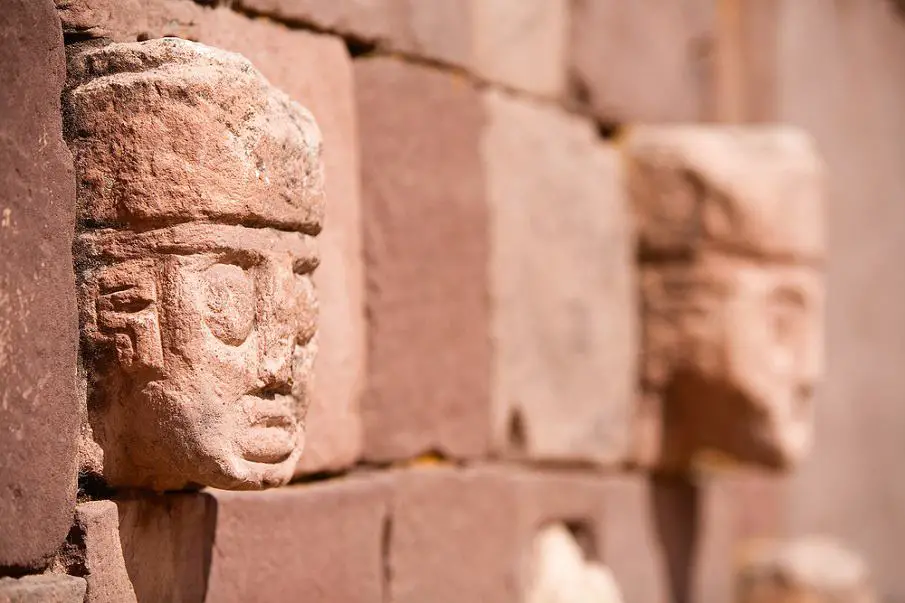
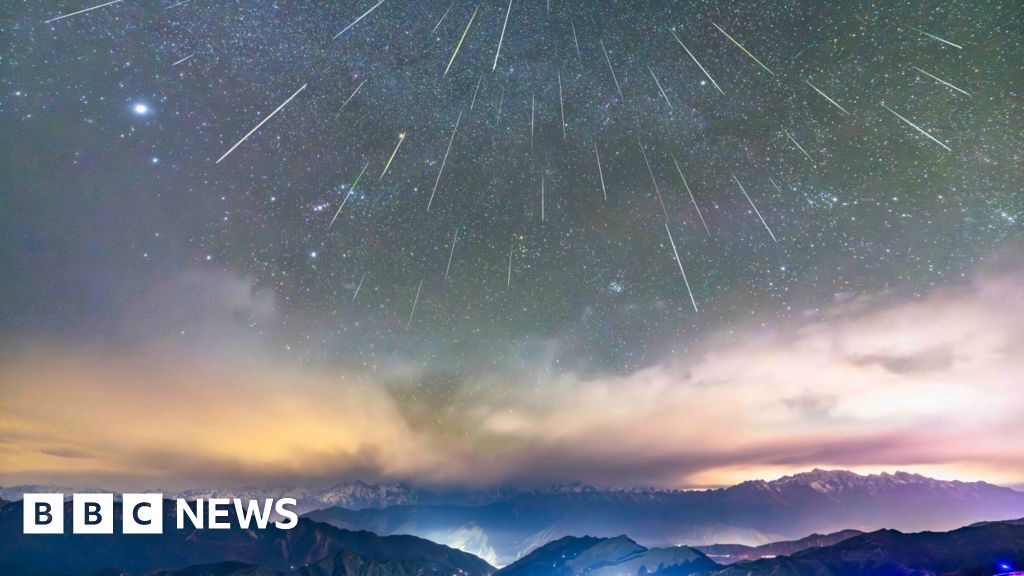
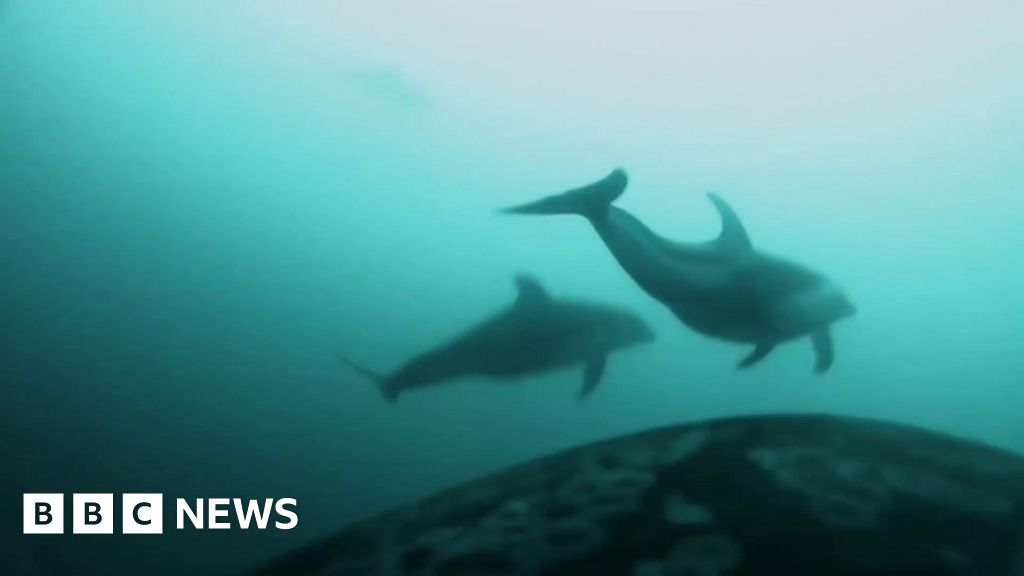

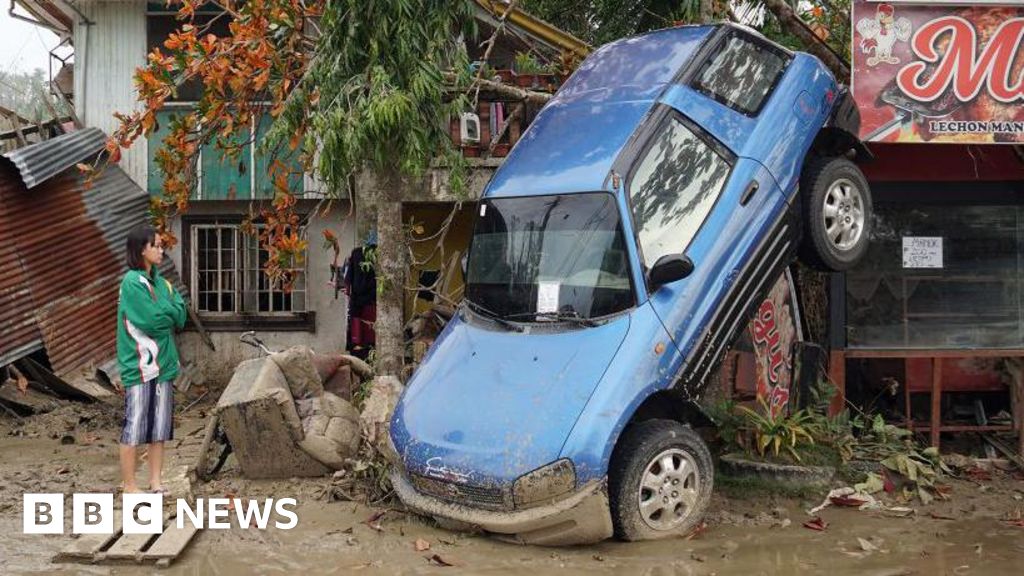
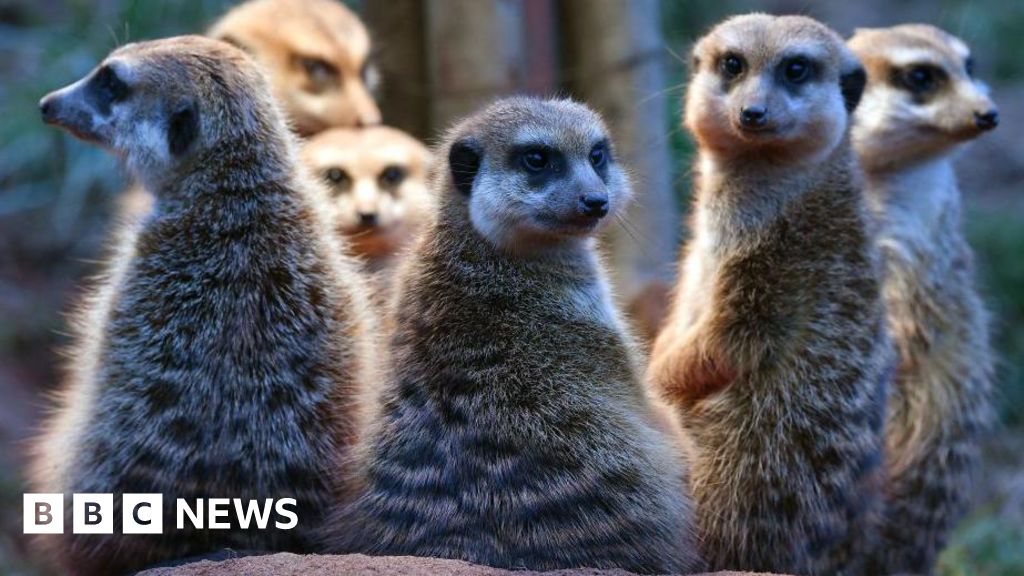
![Presidents Day Weekend Car Sales [2021 Edition] Presidents Day Weekend Car Sales [2021 Edition]](https://www.findthebestcarprice.com/wp-content/uploads/Presidents-Day-Weekend-car-sales.jpg)




 English (United States)
English (United States)